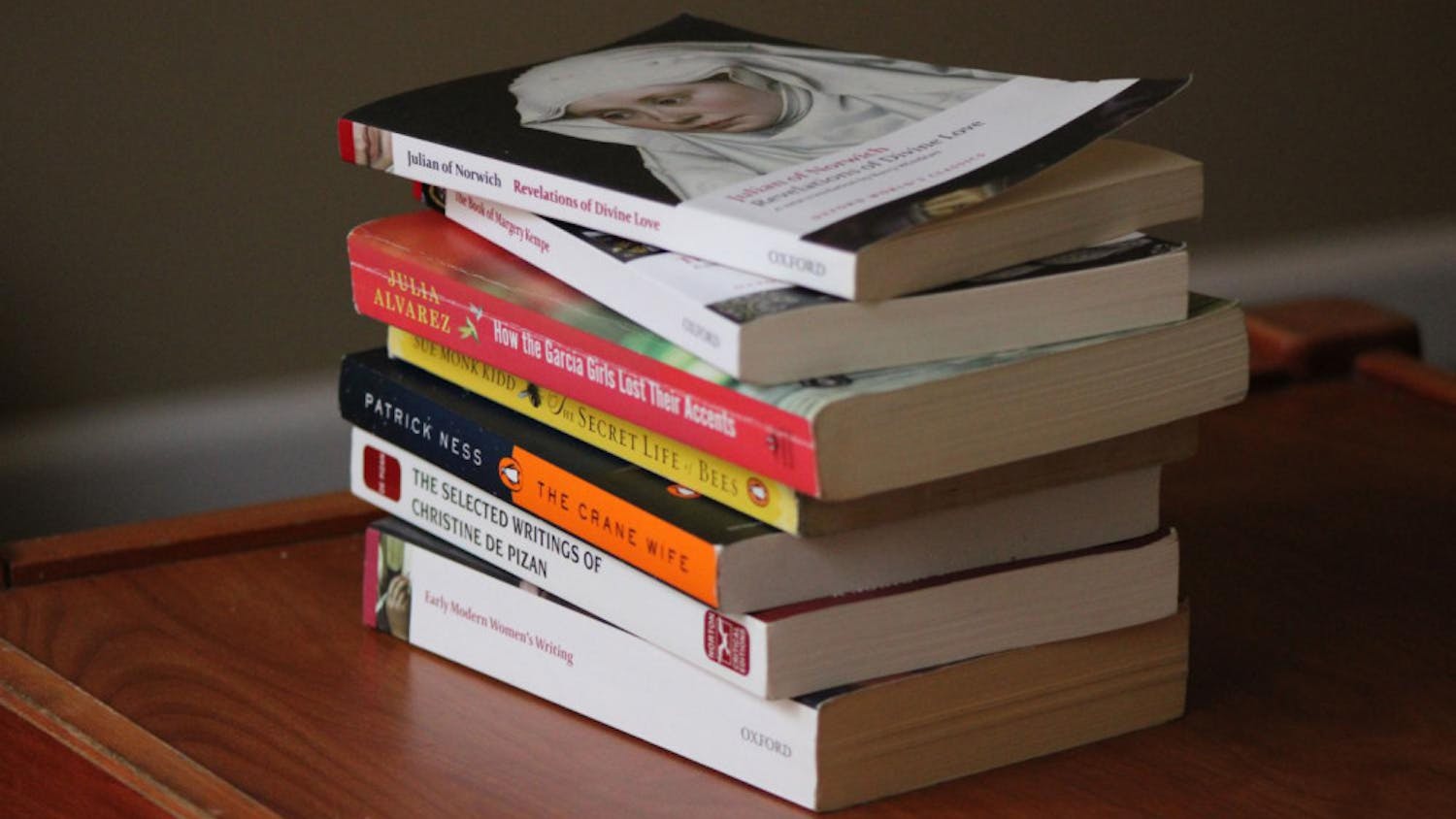The Mercer University biology department has recently partnered with Macon Beer Company for research.
Though the research has just recently begun, Thomas Harbin, the student working on the project, already is making progress.
Harbin, a junior here at Mercer, is a biology major and chemistry minor. He is working with Dr. Kevin Drace and with Macon Beer Company in order to try to determine the sustainability of the yeast that the company uses.
Macon Beer Company was formed by two long-time friends and college roommates, Cory Smith and Jeremy Knowles. Knowles is a professional chemical engineer who has a unique perspective on brewing, and is “exceedingly passionate about quality and efficiency” according to the Macon Beer Company’s website. It’s mission statement says that the company is “a craft beer company focused on innovation, sustainability, philanthropy and developing a strong connection to our employees and community.”
The company was started in Jeremy Knowles’ garage, where he made five gallon batches of home-brewed beer. After a few years of this, and some trips to Georgia breweries, Knowles introduced his idea to take his brewing to the commercial level. Though co-founder Cory Smith was skeptical, after seeing the success of established Georgia breweries convinced him. Soon after, the company had a name and a plan that clenched a finalist position in the Macon Mogul startup business competition.
“We felt somewhat underskilled in yeast management, and when Mercer University reached out to us for a way to get involved, it was a natural fit,” said Smith. “We are committed to rebranding Macon as the amazing city that

it is. . . We aren’t afraid to seek assistance from some of the resources available at local institutions when we feel that they have more expertise than ourselves.”
“The easiest project, the one that was most feasible for us to use right now is a procedure for how they’re transferring yeast from batch to batch to get a better idea of how they use it for fermentation,” said Drace. “We’ve had a meeting with Dean Lambert, the guys at Macon Beer and Dr. Bucholtz from the chemistry department to look at the different ways that Mercer can connect with the brewery itself, and then also with fermentation programs in general. It’s very new.”
The connection was originally set up by dean of the College of Liberal Arts, Lake Lambert, who, according to Drace, has always had an interest in the brewing process and fermentation.
“We’ve developed ways to help one another,” said Smith. “Mercer University has our brewery to use for its lab and Macon Beer Company can use the university’s labs to refine its processes and products. Macon Beer Company is available to Mercer students who are interested in fermentation science, microbiology, chemistry, business, etc.”
Harbin just began research during the past semester, and Drace says that they hope to have some more undergraduate research and ultimately some internships in the future.
“I think from Mercer’s perspective, we always like to be involved in the local community,” Drace said when asked what Mercer stood to gain from this partnership. “We always like to support local business, but we also like to give our biology majors different perspectives. The craft beer movement that’s sweeping the nation we certainly want to support because the more interesting beers you can have, the more fun it is, and it makes Macon a unique place.”

When asked what kind of work he had done so far with Macon Beer Company, Harbin said, “Mainly I do the research aspect of it, which right now is just counting viability from batch to batch. Basically I take a batch from the bottom, the top and the middle and just look at the viability, whether there’s yeast that can sustain the transfer. I think the biggest question they have is whether they are transferring dead cells, so we’re helping them figure that out.”
“One thing that we hope to do, perhaps next year or next semester, is to isolate a wild yeast,” said Drace. “We’re looking at doing a sort of small-scale experiment to try to grow some of the yeast in the lab and get a handle of it in a more laboratory kind of setting.”




